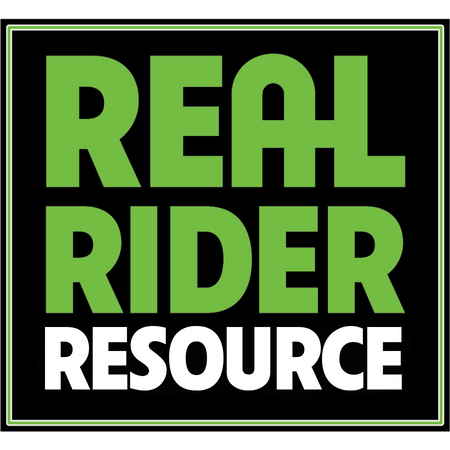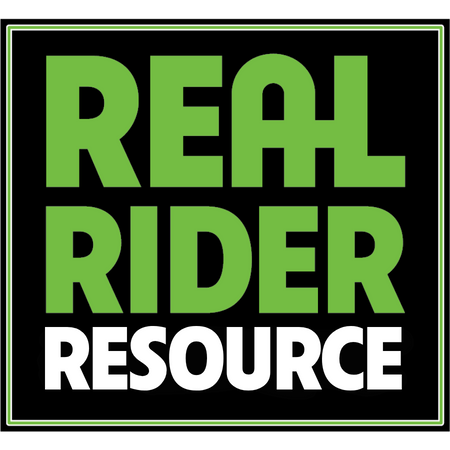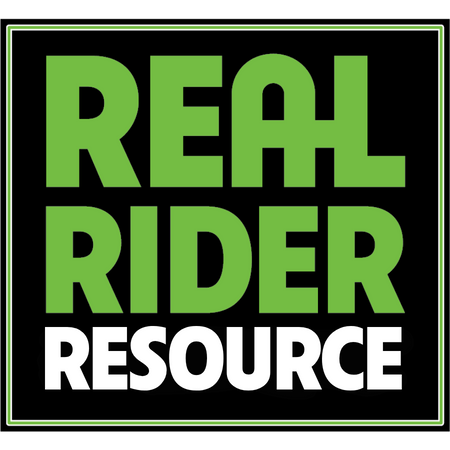Pneumonia is not a wait-and-see problem. Early veterinary diagnostics and a clean air setup are the difference between a short recovery and a long, expensive mess.
Pneumonia in horses is an infection of the lungs that can be caused by bacteria, viruses, or fungi. It may develop on its own or as a complication following other respiratory illness. Pneumonia is higher risk in foals, older horses, and horses under heavy stress from hauling, training, or poor air quality.
What Causes Pneumonia?
- Bacterial or viral respiratory infections
- Aspiration of feed, water, medication, or saliva into the lungs
- Weakened immune function due to stress, travel, or another illness
- Prolonged exposure to dusty, moldy, or poorly ventilated environments
- Complications following respiratory disease outbreaks in the barn
Common Symptoms
- Persistent cough
- Fever and depression
- Rapid or labored breathing
- Nasal discharge that may become thick or discolored
- Loss of appetite and weight loss
How to Treat It
- Contact your veterinarian immediately for evaluation and diagnostics such as ultrasound, endoscopy, or a tracheal wash when appropriate
- Follow the prescribed treatment plan which may include antibiotics, anti-inflammatories, and other supportive care
- Move the horse to clean, dust-minimized air with strong ventilation and low-dust bedding
- Encourage hydration and rest, and avoid work until cleared by your vet
- Monitor closely for relapse or complications such as pleuropneumonia
Prevention Tips
- Follow your veterinarian’s vaccination guidance for primary respiratory diseases
- Improve barn ventilation and reduce dust with low-dust bedding and wetting hay if recommended
- Quarantine sick horses and monitor temperatures during outbreaks
- Avoid overexerting horses recovering from illness and give them time to rebuild fitness
Why It Matters
Pneumonia can become life-threatening without prompt treatment. Acting fast, supporting recovery with clean air and rest, and staying disciplined about barn hygiene are key to keeping lungs clear and horses healthy.





